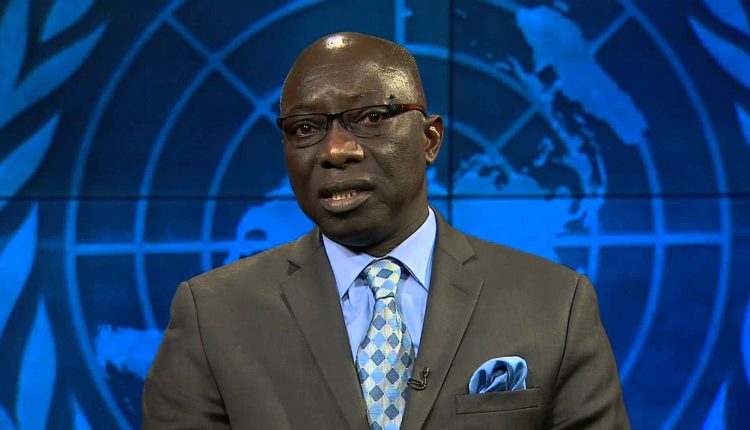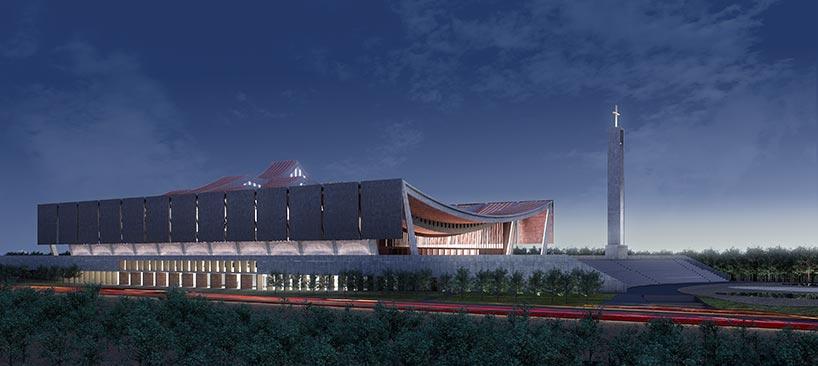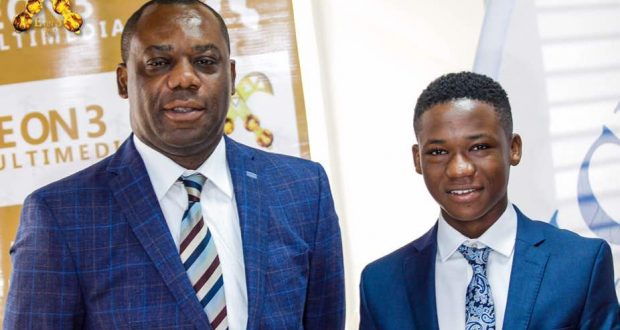Rule Of Law Key To Peace Building – UN Advisor
- Posted on
- Comment
Special Adviser to the United Nations Secretary-General on the Prevention of Genocide, Adama Dieng, has stated that respect for the rule of law is a key factor in preventing and mitigating atrocious crimes and human right violations.
He said that developing strong rule of law institutions must also be central to governments’ preventive efforts, adding that responsive rule of law institutions is key to stability, conflict prevention and peaceful co -existence.
The breakdown of rule of the law significantly increases the risk of gross violations of human rights which may lead to atrocity crimes.
Mr Dieng made this submission at the 6th Kofi Annan – Dag Hammarskjold Annual Lecture in Accra, Wednesday.
He spoke on the theme: Preventing Armed Conflicts: Identifying and Mitigating Risks.
He said that in post-conflict situations and divided societies, rule of law is especially critical to ensuring accountability and rebuilding trust and confidence in state institutions and government framework.
“Credible state institutions and governments that citizens can trust are essential to build a peaceful society.
It is always disheartening to see some governments around the world neglect their primary duty to fulfill this role and instead, officials engage in misappropriation of state resources for personal gain thus denying delivery of essential services like education, healthcare and security to their people”, he said.
“Without commitment to provide these essential; services to those who lack them, our hope for the world where human life is respected and rule of law honored will remain elusive”, he added.
Mr Dieng said that rule of law calls for accountability for atrocity crimes and other violations of human rights.
“I have always argued that peace and justice are like identical twins joined at the hip. It is difficult to separate them and achieve sustainable peace in post conflict situation or indeed any other society.
While we would expect domestic judicial institutions to effectively complement the work of international and regional judicial institutions, the reality on ground in many countries demonstrate that local judicial systems are inadequate to sufficiently respond to the demand for justice that they are supposed to satisfy”, he added.
He said his office had developed a framework of analysis based on international standards and practice that identifies risk factors for atrocity crimes that could assist to prevent conflict situations before they deteriorate.
He said this framework had helped the office to raise risk of atrocity crimes at an early stage in many situations, including the Central African Republic, Myanmar and South Sudan.
Speaking on human rights, Mr Dieng said, “We cannot undertake meaningful prevention without respect for human rights and fundamental freedoms universally recognized and guaranteed by the international Bill of Rights and other international and regional instruments.
United Nations Resident Coordinator Christin Evans-Klock, said the lecture rightly put cooperation and coordination among regional and national actors at the heart of that effort form the United Nations, the African Union, ECOWAS, down to the national governments and civil society organisations.
“They all have relevant mandates to bring to bear and lessons from experience to share in identifying and mitigating risks”, she said.
“So today, here, we have the opportunity to examine root causes of persistent conflicts, to identify new risks, and to discuss candidly what we have tried so far and what new approaches are needed to resolve conflicts and avert violence”, she added.
The Commandant, Kofi Annan International Peacekeeping Training Centre (KAIPTC) AVM Evans Santrofi Griffiths said that loss of lives and properties, displacement, and increased levels of poverty, sexual exploitation and gender-based violence, spill-overs into nearby states are sine if the negative effects of armed conflicts which retrogress individuals and communities.
He said “in spite of its natural resource endowments and very youthful population, the continent is still described as “poor in the midst of plenty” and its influence on international politics has profoundly diminished due to deficits of peace, governance and development”.
“We cannot continue with this same narrative. We need to reverse this trend, we need to offer our people better life opportunities so that they can feel safe to be part of the change we so desire.
The journey to reverse this trend, I believe, is by tackling the root causes of conflict and the precursors to instability by prioritizing, financing and investing in same”, he said.
He added that “this theme is a natural fit into KAIPTC’s vision to be the leading and preferred international centre for training, education and research in African peace and security.
We strive to incorporate the needs of the SDG’s, agenda 2063, ECPF and the governance and democracy principles into our training, research and academic programming to build the needed capacity and to influence policy to foster peace and stability”.











 (Selorm) |
(Selorm) |  (Nana Kwesi)
(Nana Kwesi)